Indigenous Governance Database
research
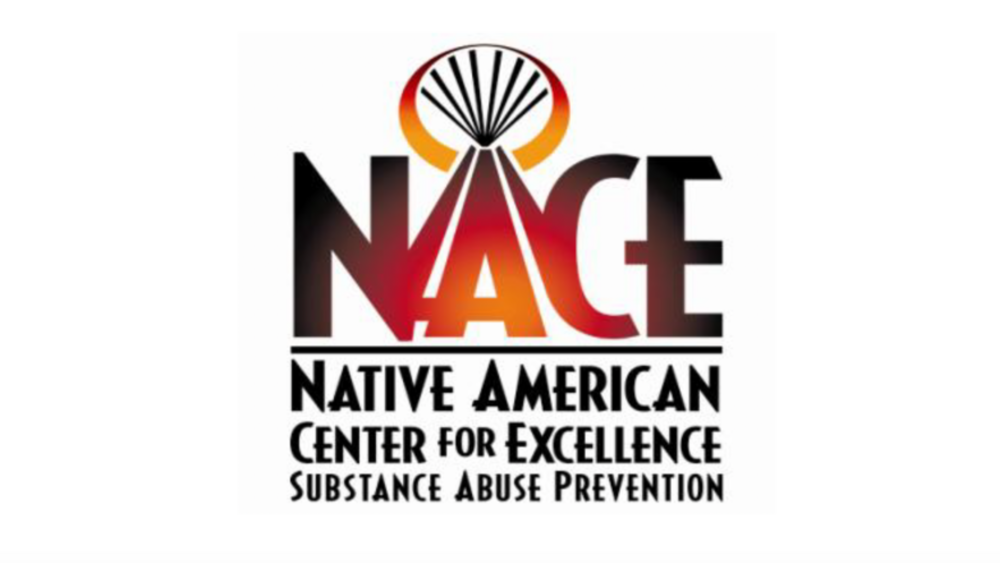
Steps for Conducting Research and Evaluation in Native Communities
Research and evaluation studies in Native communities have been characterized by mistrust and misrepresentation. Most of these missteps are the result of actions by researchers with little or no experience working with Native governments, Native communities, or Native American people. Research has…
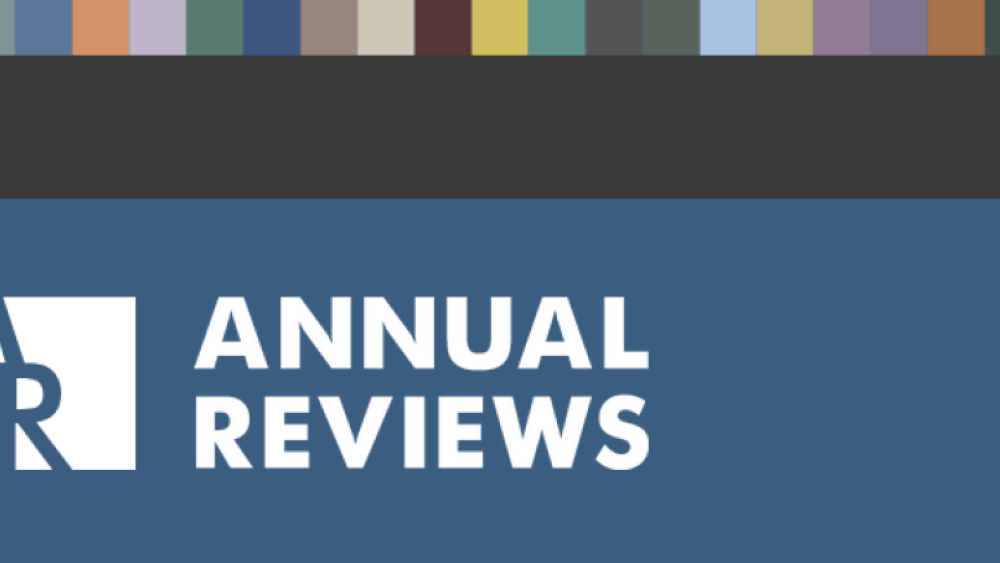
Indigenous Data Sovereignty in Genomics and Human Genetics: Genomic Equity and Justice for Indigenous Peoples
As the field of genomics and human genetics continues to push our understanding of disease and biodiversity through an ever-increasing pool of genomic data, it is critical to consider the social, ethical, and legal implications of using such data. This is particularly true for genomic data…

Rigorous and Systematic Qualitative Data Analysis in Biological Anthropology
Biological anthropologists have long engaged in qualitative data analysis (QDA), though such work is not always foregrounded. In this article, we discuss the role of rigorous and systematic QDA in biological anthropology and consider how it can be under- stood and advanced. We first establish what…
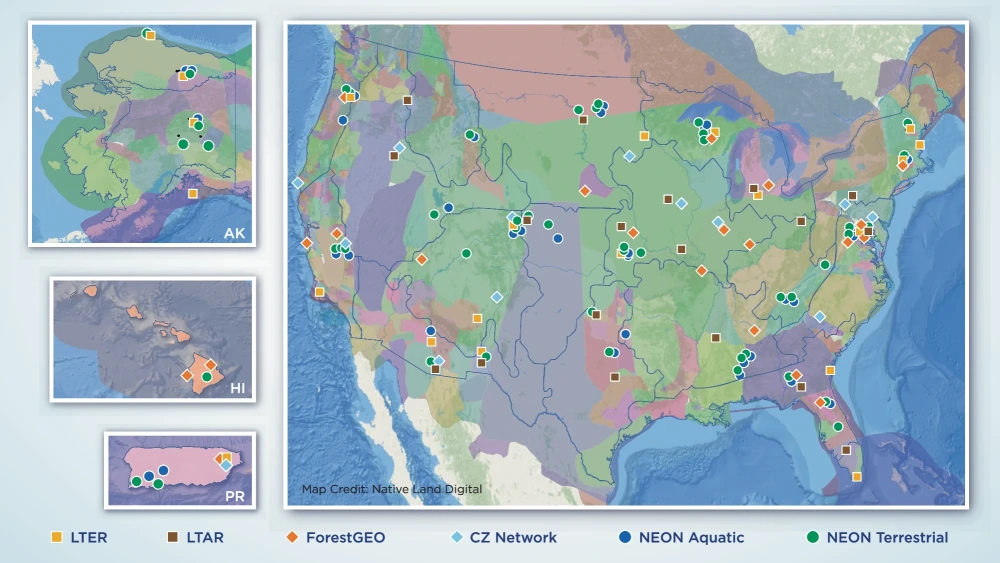
Governance of Indigenous data in open earth systems science
In the age of big data and open science, what processes are needed to follow open science protocols while upholding Indigenous Peoples’ rights? The Earth Data Relations Working Group (EDRWG), convened to address this question and envision a research landscape that acknowledges the legacy of…
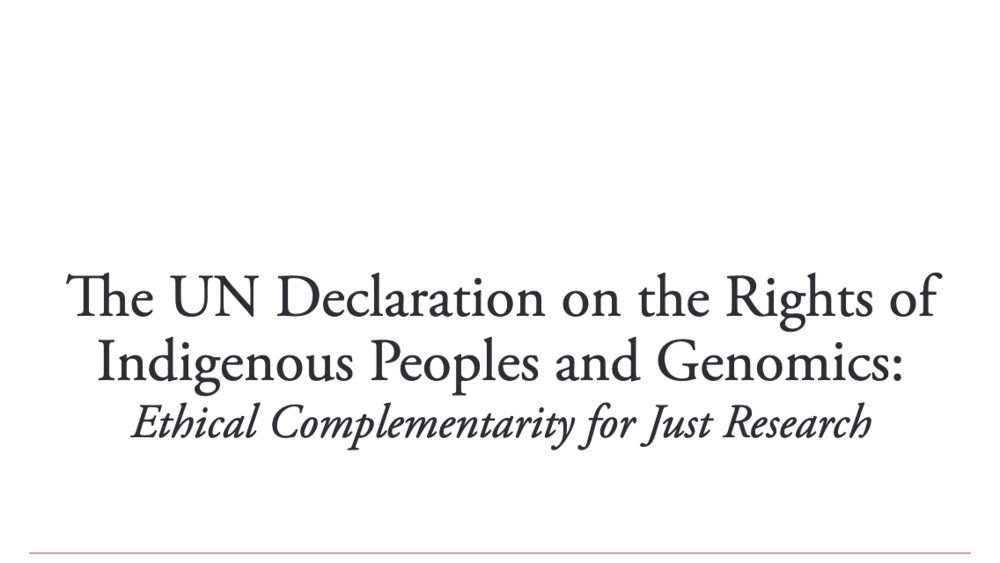
The UN Declaration on the Rights of Indigenous Peoples and Genomics: Ethical Complementarity for Just Research
Governance of biomedical research in the United States has been characterized by ethical individualism, a mode of reasoning that treats the individual person as the center of moral concern and analysis. However, genomics research raises ethics issues that uniquely affect certain genetically related…

Gugu Badhun Sovereignty Sundays: An adaptable online Indigenous nation-building method
Nation-building research is a flexible approach to research that prioritises the voices and self-determination agendas of Indigenous Nations. This paper discusses our application of the Indigenous nation-building (INB) methodology in our research with Gugu Badhun Aboriginal Nation, Australia,…
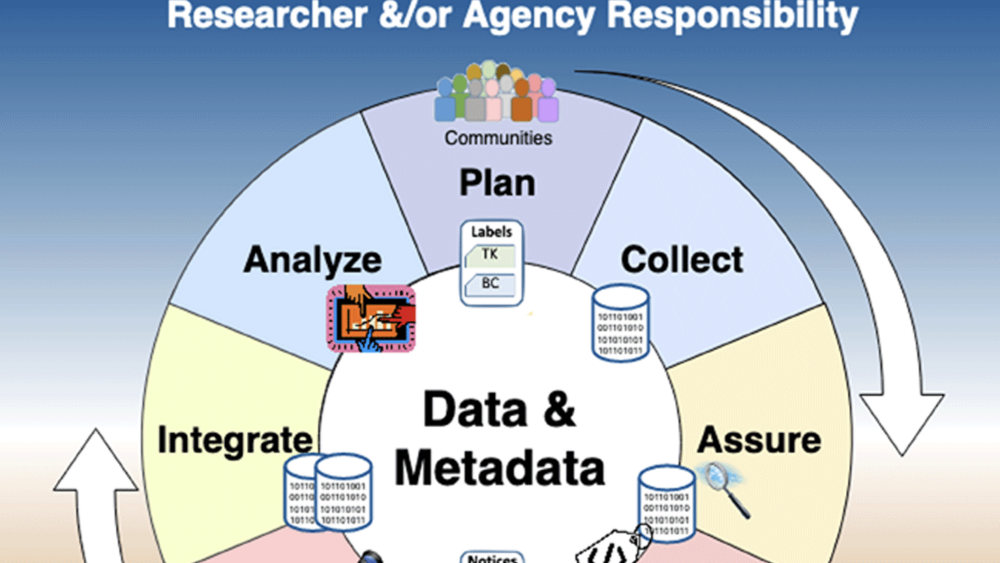
Earth Science Data Repositories: Implementing the CARE Principles
Datasets carry cultural and political context at all parts of the data life cycle. Historically, Earth science data repositories have taken their guidance and policies as a combination of mandates from their funding agencies and the needs of their user communities, typically universities, agencies…
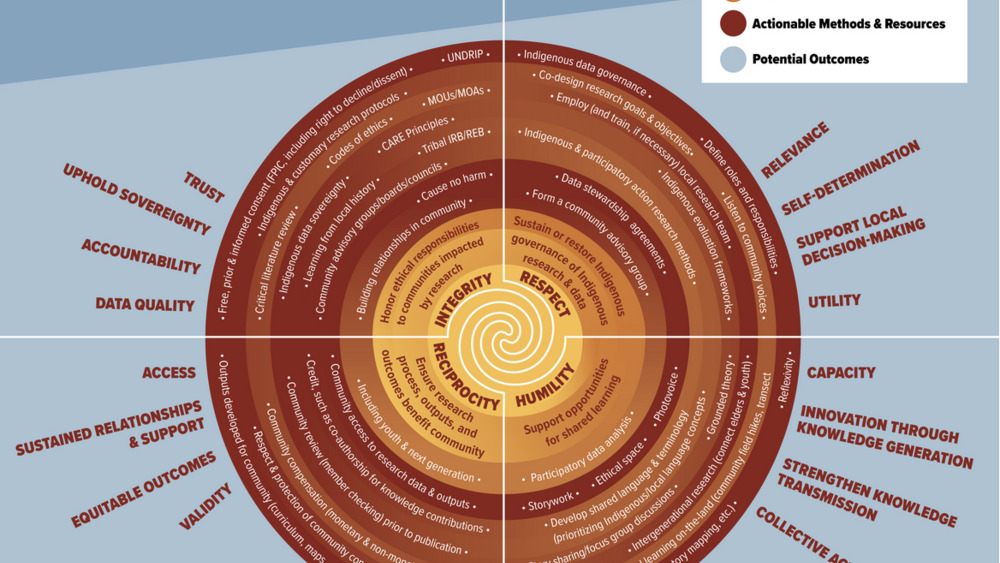
A values-centered relational science model: supporting Indigenous rights and reconciliation in research
Addressing complex social-ecological issues requires all relevant sources of knowledge and data, especially those held by communities who remain close to the land. Centuries of oppression, extractive research practices, and misrepresentation have hindered balanced knowledge exchange with Indigenous…
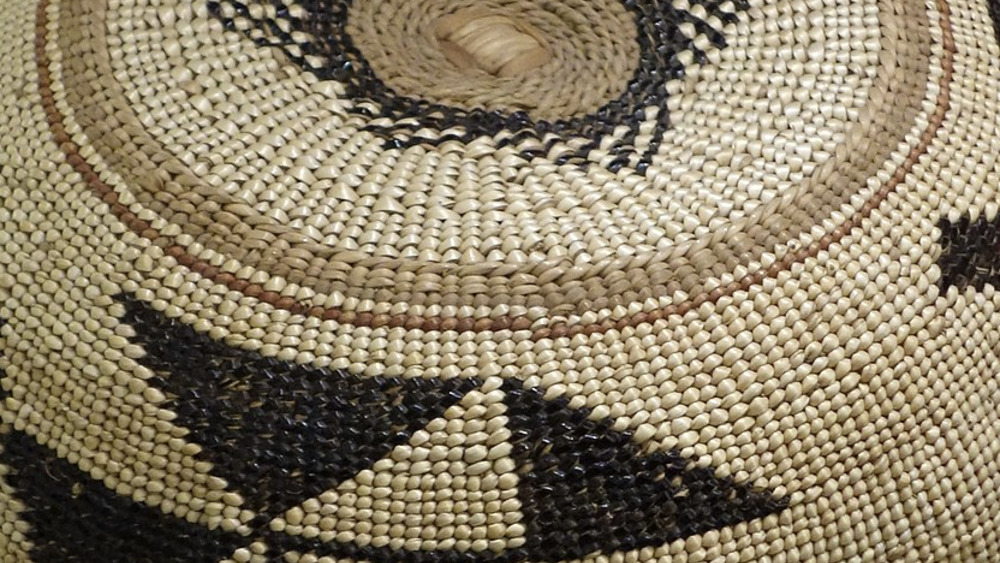
Karuk Cultural Information & Knowledge Policy Statement: Sípnuuk Digital Library, Archives and Museum
U.S. Copyright Laws privilege western intellectual property systems and function as an enforcement tool for ongoing colonial rule over our documented traditional Karuk knowledge. Karuk cultural heritage documentation is currently and has historically been subject to United States Copyright laws,…

Genetic Research with Indigenous Peoples: Perspectives on Governance and Oversight in the US
Indigenous Peoples are increasingly exerting governance and oversight over genomic research with citizens of their nations, raising questions about how best to enforce research regulation between American Indian, Alaska Native, and Native Hawaiian peoples and researchers. Using a community-engaged…

Indigenous Peoples and research: self-determination in research governance
Indigenous Peoples are reimagining their relationship with research and researchers through greater self-determination and involvement in research governance. The emerging discourse around Indigenous Data Sovereignty has provoked discussions about decolonizing data practices and highlighted the…
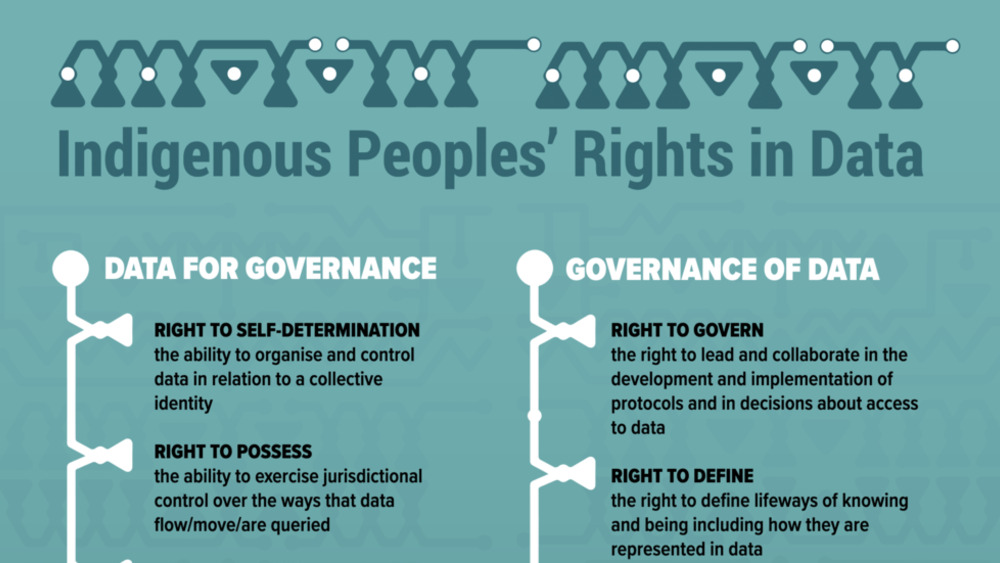
Indigenous Peoples’ Rights in Data
This is the one sheeter version of the publication "Indigenous Peoples' Rights in Data: a contribution toward Indigenous Research Sovereignty" Indigenous Peoples' right to sovereignty forms the foundation for advocacy and actions toward greater Indigenous self-determination and control across a…

Indigenous Peoples' Rights in Data: a contribution toward Indigenous Research Sovereignty
Indigenous Peoples' right to sovereignty forms the foundation for advocacy and actions toward greater Indigenous self-determination and control across a range of domains that impact Indigenous Peoples' communities and cultures. Declarations for sovereignty are rising throughout Indigenous…
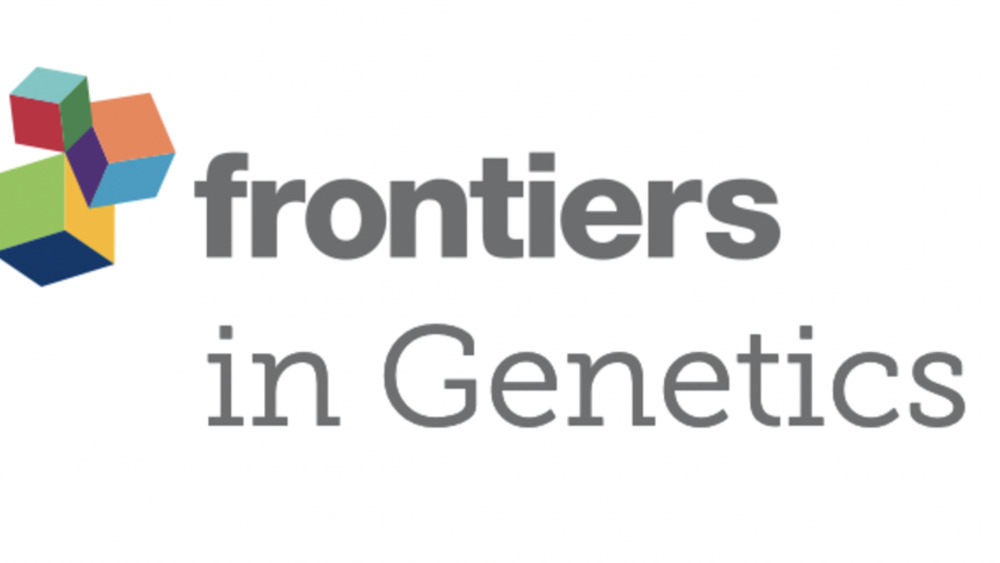
Extending the CARE Principles from tribal research policies to benefit sharing in genomic research
Indigenous Peoples have historically been targets of extractive research that has led to little to no benefit. In genomics, such research not only exposes communities to harms and risks of misuse, but also deprives such communities of potential benefits. Tribes in the US have been exercising their…
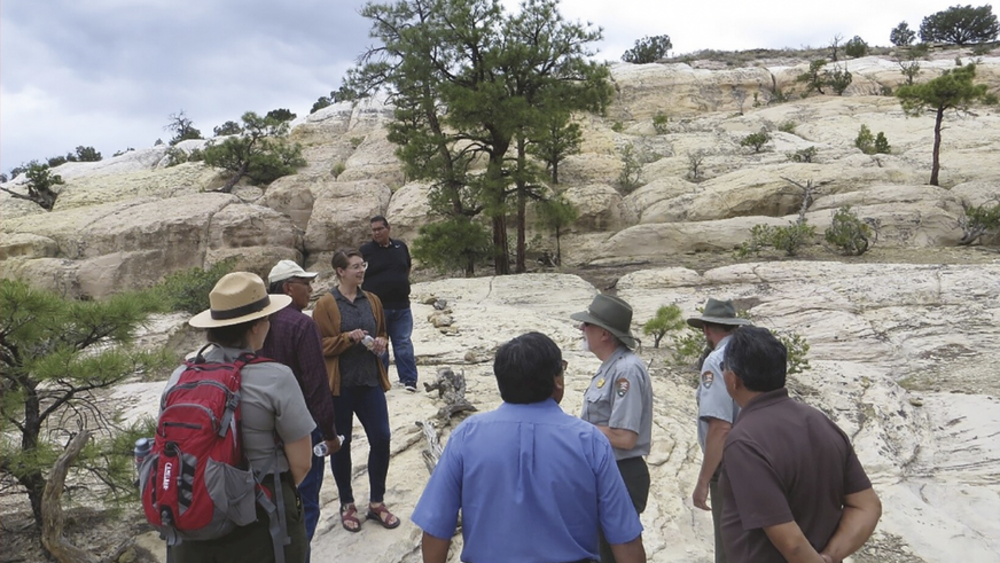
Archaeology and Social Justice in Native America
Over the past 20 years, collaboration has become an essential aspect of archaeological practice in North America. In paying increased attention to the voices of descendant and local communities, archaeologists have become aware of the persistent injustices these often marginalized groups face.…

Using Indigenous Standards to Implement the CARE Principles: Setting Expectations through Tribal Research Codes
Biomedical data are now organized in large-scale databases allowing researchers worldwide to access and utilize the data for new projects. As new technologies generate even larger amounts of data, data governance and data management are becoming pressing challenges. The FAIR principles (Findable,…
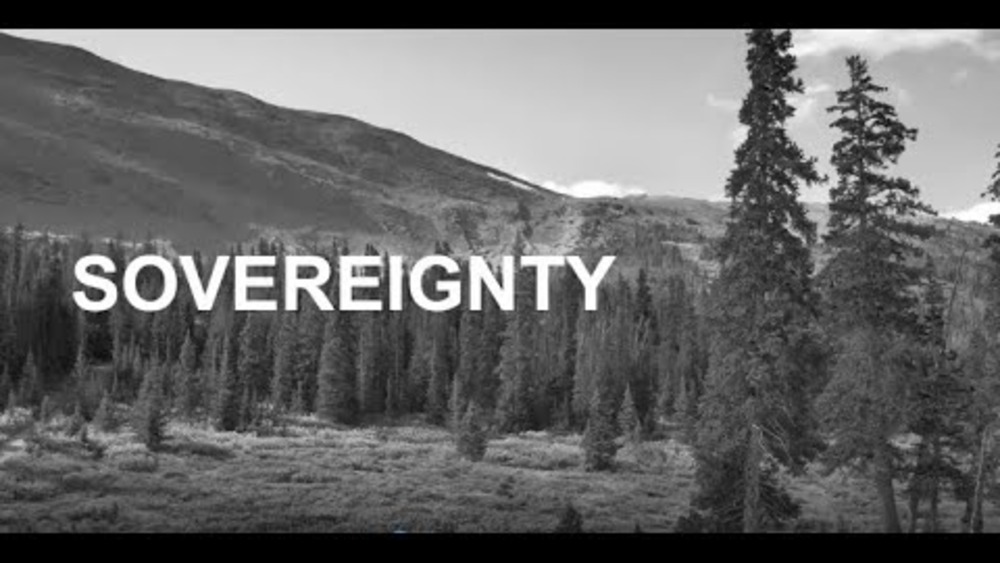
Indigenous Data Sovereignty: How Researchers can Empower Data Governance with Lydia Jennings
Indigenous land management practices result in higher species richness, less deforestation, and land degradation than non-Indigenous strategies. Many environmental researchers, data repositories, and data service operations recognize the importance of collaborating with Indigenous nations,…
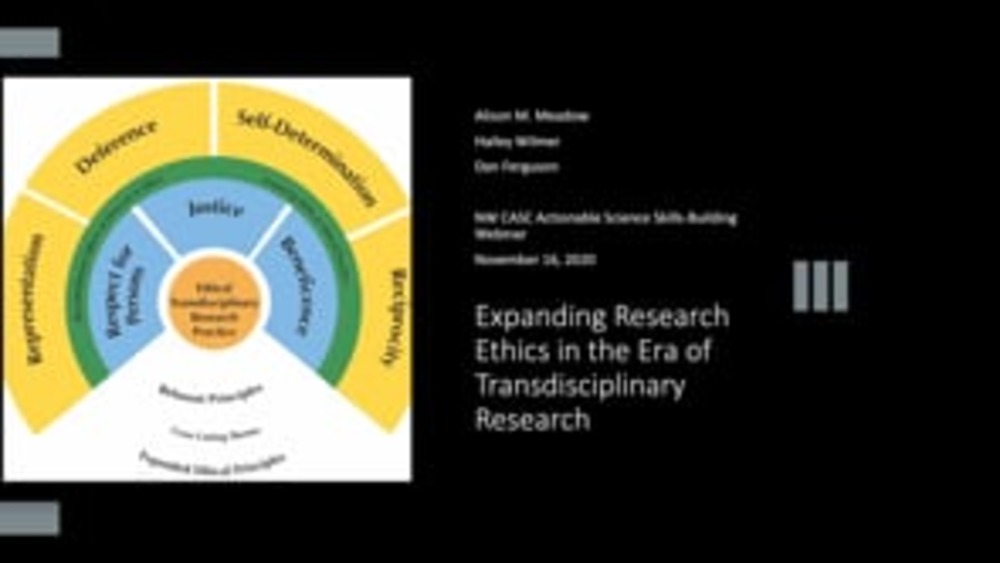
Improving Ethical Practice in Transdisciplinary Research Projects Webinar
Transdisciplinary research, or research conducted by people from different disciplines and organizations working together to solve a common problem, holds promise for communities and scientists seeking to address complex socio-ecological problems like climate change. However, this collaborative…

Post COVID-19 Implications for Genetic Diversity and Genomics Research & Innovation: A Call for Governance and Research Capacity
At a time of significant technological change and digitization in the biological sciences, the COVID-19 pandemic has highlighted again the inequities in the research and innovation ecosystem. Based on a consultation with an internationally diverse group of stakeholders from multiple fields and…
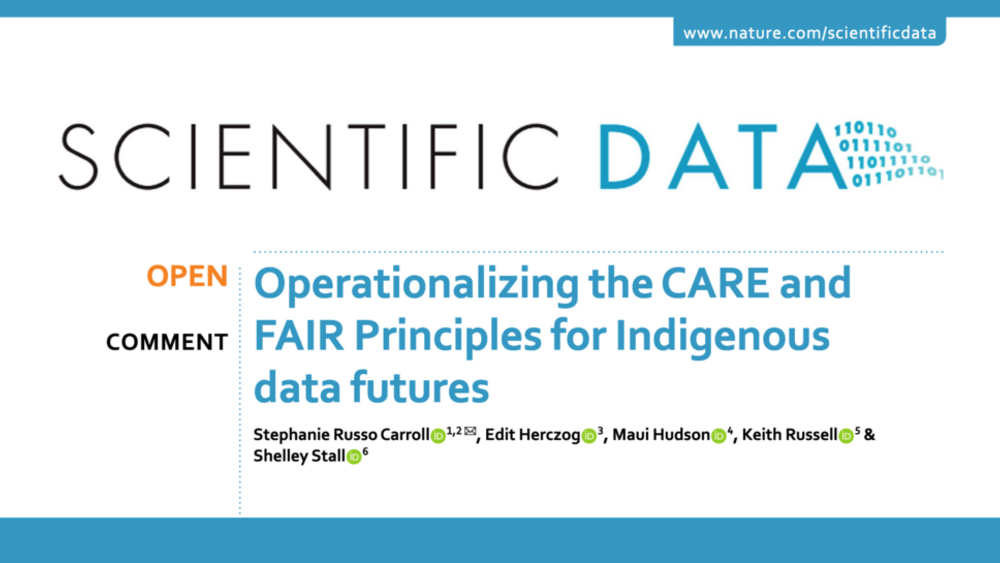
Operationalizing the CARE and FAIR Principles for Indigenous data futures
As big data, open data, and open science advance to increase access to complex and large datasets for innovation, discovery, and decision-making, Indigenous Peoples’ rights to control and access their data within these data environments remain limited. Operationalizing the FAIR Principles for…
